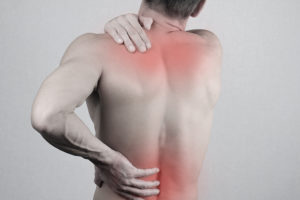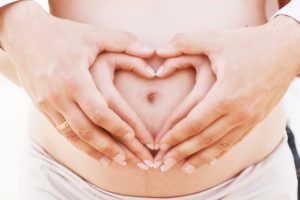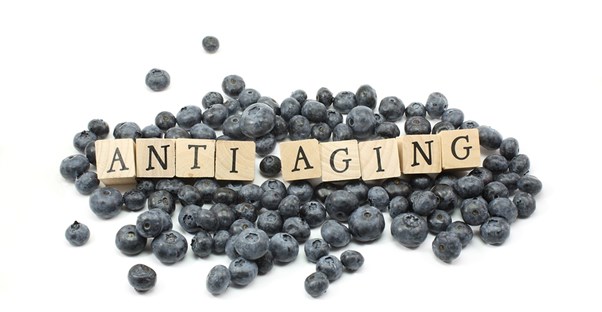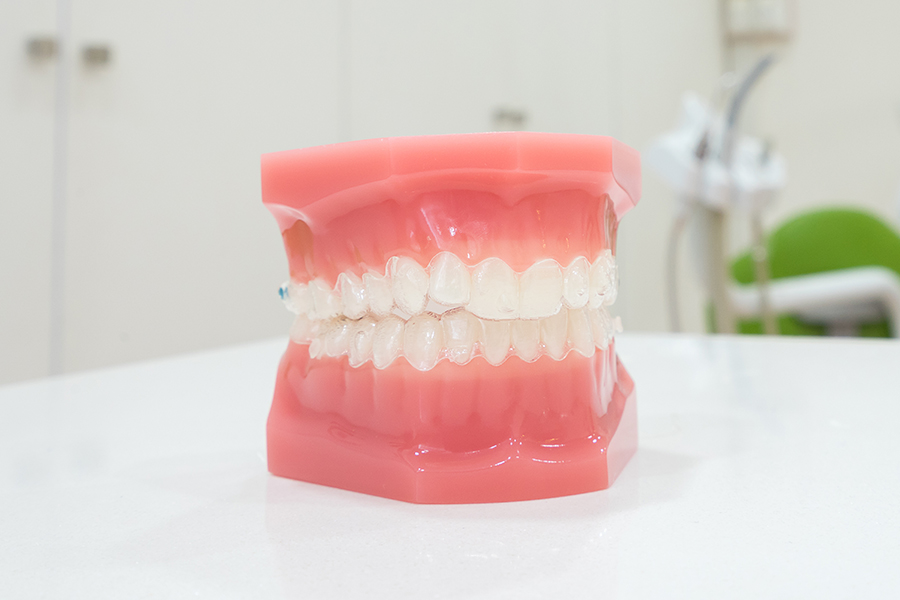Treatments for Constipation
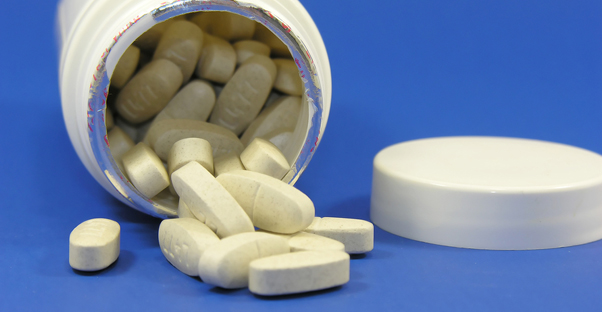
Sometimes normal bowel movements just don't happen. Almost everyone has, at some point, experienced the symptoms of constipation.
Constipation can mean different things to different individuals. For many people, this simply means having infrequent bowel movements. For others, however, it means hard stools or difficulty passing stools. The condition affects people of all ages and genders. Fortunately, there are certain treatments or remedies you can use and get relief.
What Causes Constipation?
There are several causes of constipation including poor bowel habits, medications, hormonal disorders, abuse of laxatives, low fiber diets, and diseases that affect the colon and other parts of the body. A deficiency of magnesium is thought to contribute to constipation. This mineral is found naturally in green leafy vegetables, seeds, nuts, and whole grains. Magnesium is essential in maintaining normal muscle function and can improve the function of intestinal muscles.
What Are the Symptoms?
This condition is characterized by symptoms such as hard, small, dry stools, straining during a bowel movement, infrequent bowel movements, and abdominal pain. It is important to ensure regular bowel movements, otherwise, stools may become hard and dry and cause health problems. Constipation can make you feel bloated and uncomfortable.
How is it Treated?
The goal of treatment for constipation is to ensure regular bowel movement without straining. Relieving constipation is important to maintaining efficient digestive function, good health and easing your discomfort. Effective treatment may include regular exercise, dietary fiber, laxatives, enemas, suppositories, stool softeners, biofeedback training, colon cleanse or detoxification diets, and surgery.
- Laxative Products
Laxatives are sometimes used. Stimulant laxatives stimulate the colon and soften stool to achieve a bowel movement. Non-stimulant laxatives soften stool to make it easier to have bowel movements. Experts frequently advise that people should avoid the overuse of stimulant laxatives as they can actually have a negative effect in the long run. For constipation that occurs infrequently, however, over-the-counter laxatives or natural laxatives can provide fast relief. - Dietary Changes
Simple dietary changes can provide relief from bowel irregularity. Consider boosting your fiber intake by eating beans or high-fiber cereals and breads. You can also get fiber through supplements. Certain fruits, such as dates, bananas, apples, and prunes can also be helpful in relieving constipation. Also, adequate hydration is essential in maintaining regularity, so make sure you drink sufficient amounts of water every day. - Probiotic Supplements
Probiotics are live microbial organisms that are found in the digestive tract. These beneficial bacteria are thought to enhance health by suppressing the growth of harmful bacteria, improving the condition of the digestive tract, improving immune function, and helping to produce essential vitamins. - Lifestyle Changes
It is important to get enough physical activity. If you don't move the body, you can get constipated. Don't delay when you get the urge to move the bowel.
Are There Other Considerations?
Constipation is very uncomfortable, and it can be serious if it is not treated properly. Several factors such as medication, physical inactivity and diet can cause constipation. Sometimes, medical evaluation may be necessary in order to identify the root cause of the problem. If you experience symptoms on a regular basis, it is important to address them promptly and appropriately

